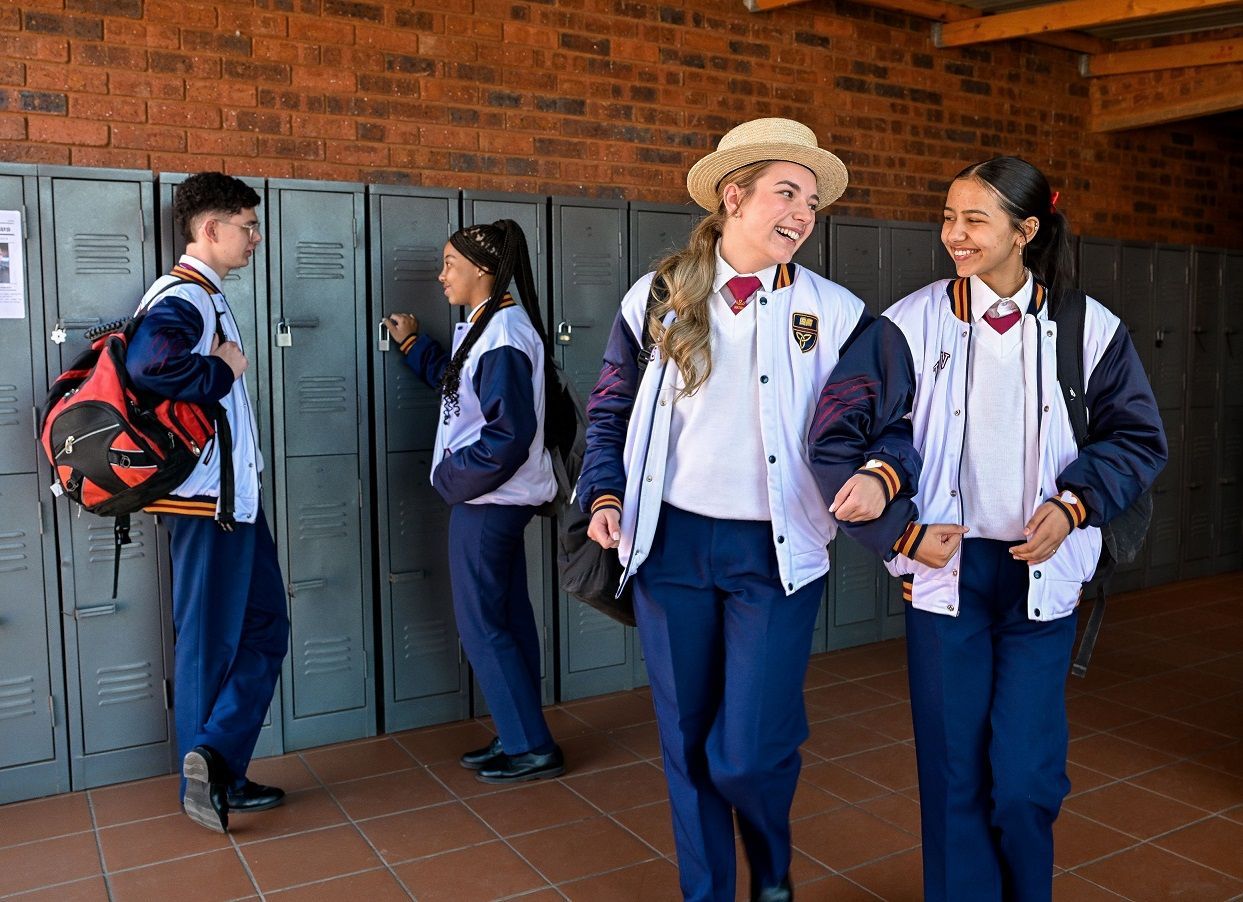The Pros and Cons of Having an Imaginary Friend | Trinityhouse
In preparation for writing this article, I turned to Google and found that there are many articles discussing children’s imaginary friends available on the internet. There is rarely a mention of cons, but plenty of pros and they all agree on some general information.
Are Imaginary Friends Real?
Children usually create an imaginary friend around the age of 3-4. This friend can stay with them for several years, but overall, they seem to disappear when the child is in the first year or two of primary school. There are instances where the friend remains as part of the child’s life further into primary school, but this is not the norm. First born children are more likely to have imaginary friends and it is slightly more common for girls to have imaginary friends.
They will grow up knowing the difference between reality and fantasy, just like their peers who do not have imaginary friends.
The friend may be a person, usually another child, an animal of some sort or the personification of a their favourite stuffed toy. They may even replace a real friend who lives far away.
Why do kids have imaginary friends?
There was a time when a child having an imaginary friend was seen as strange and in some way this reflected poor parenting skills. There was the feeling that the child must be lonely and socially inept.
Although parents may still feel a little uncomfortable or unsure of how to deal with the issue, it is generally accepted that having an imaginary friend is quite normal for a child. They may be there to help the child through a big transition in their lives, or just as a part of the child’s imaginative play. Recent research has shown that there is no real link between imaginary friends and mental health conditions such as schizophrenia or chronic loneliness.
Children with imaginary friends are usually socially well-adjusted and interact well with real-life friends.
Creative, imaginative play comes very easily to young children and listening to their conversations, it is quite common to hear something like;
“…and then you told me to go to the cupboard to fetch the cups”
“…and you fetched the cups and then you poured the tea”
“…and then I wanted some cake too”.
Children will make suggestions regarding the direction that the ‘game’ is heading in and there is usually someone who is the ‘boss of the game’. They are fully aware that what they are doing is a game, but they are able to discuss different behaviours and can test options with their friends. The child with an imaginary friend is engaging in the same activities, imagining how a friend might react or behave. While engaging with an imaginary friend, the child has the opportunity to take both sides of the situation into account and to express emotions and feelings that are not easy to express outside of that situation. They can test ideas and social skills, while being in complete control of the situation.
Children will sometimes test a parent’s reactions by telling them that “Georgie” says this or that, waiting to see if that is acceptable to the parent. They will even blame their imaginary friend if they have done something wrong or readily suggest that he was the one who made a mess in the room. It is a good idea not to over-react, but ensure that the imaginary friend also adheres to the morals and norms of the family. The child may need to ‘help’ their friend to tidy up the room or tell their friend that it is not acceptable to be unkind or unfriendly. They still need to be accountable for their own actions.
Children might project their own anxieties or fears on to the imaginary friend, so it is probably worthwhile for parents to listen to the conversations and pick up clues about what the child is currently thinking or feeling.
As much as parents want to encourage their children to achieve academic and sporting success, they should be eager to encourage the development of their child’s language, critical thinking skills and imagination, all of which are developed with imaginative/ pretend play of all sorts. Parents should provide lots of opportunities for children to explore books and play imaginatively with dress-up items and play along with their children.
Although children know that their imaginary friend is not real, if they become withdrawn and do not interact socially with others, it might be time to seek professional help. This would also apply if the imaginary friend is aggressive, depressed or anxious.
So it seems to be the consensus that if a child has an imaginary friend, just relax, be happy that your child has a good imagination and know that it is not only normal, but good for your child’s
overall creative development .















